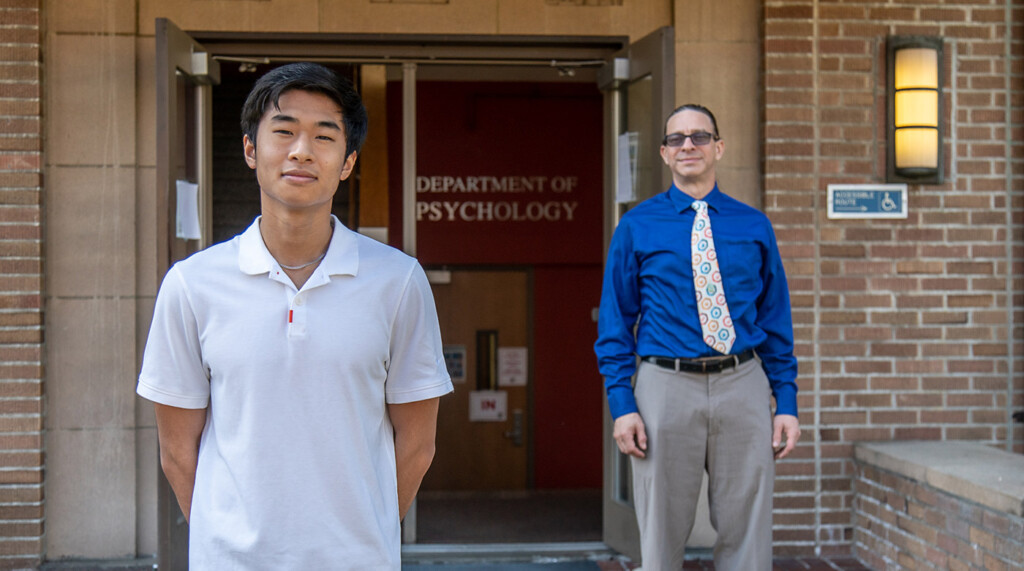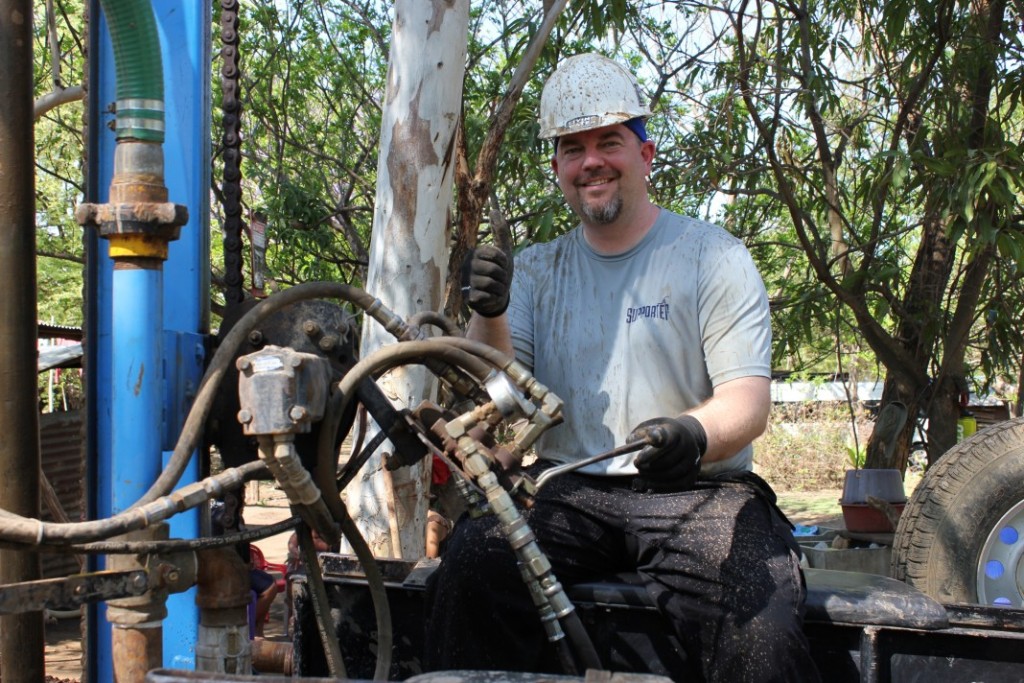Page 86 • (1,461 results in 0.024 seconds)
-
of successful binding of the GNP’s to the surface and a future for gold monolayer SERS microscopy detection. 2:25 pm - Analysis of Arboreal Microbial Peptides by Tandem Mass SpectrometryKimberly Cotten, Senior Capstone Seminar As access to the canopy of temperate forests increases, new techniques are being used to study the flora and fauna found there. The bacteria of these habitats have received relatively little study; thus I explored the use of a commonly-used proteomics technique to examine
-
133 Ma. A Precambrian zircon tail was notable in Concordia plots, which aligns with detrital zircons found in units nearby not correlated to Darrington phyllite. The 133 Ma peak can mean that this unit is younger than Darrington Phyllite and could be explained by a different younger oceanic basin that accreted similarly to Darrington Phyllite but was open for longer. 4-4:15pm, “Chemical Analysis of Igneous Clasts in Metaconglomerate” Jackson Helt In the Tusas Mountains there are igneous units
-
and Me. Dr. Rhone Fraser RHONE FRASER is a lecturer in the Department of English at Howard University. He is a member of the College Language Association, the Dramatists Guild, and the Alice Childress Society. His dissertation includes a literary analysis of the plays of Lorraine Hansberry and Alice Childress. He was a playwriting student of Leslie Lee (1930-2014) who was former artistic director of the Negro Ensemble Company and he is writing a forthcoming article about the Leslie Lee’s play
-

students are continuing work on a project through the Network for International Collaborative Exchange (NICE), researching attitudes, coping mechanisms, beliefs, and more surrounding COVID-19. Data from around the world collected in that study is now being analyzed and will be consolidated into a single dataset. We’ll then begin our data analysis and a writeup this summer,” Cook said. All of these steps will involve collaboration between an international lead team of researchers.” Both professors not
-

students are continuing work on a project through the Network for International Collaborative Exchange (NICE), researching attitudes, coping mechanisms, beliefs, and more surrounding COVID-19. Data from around the world collected in that study is now being analyzed and will be consolidated into a single dataset. “We’ll then begin our data analysis and a writeup this summer,” Cook said. All of these steps will involve collaboration between an international lead team of researchers.” Both professors not
-

aligned with the University’s mission and fits well for those who want to make the world that we live in more equitable, just, and sustainable. Social Innovation Projects at PLU I got the chance to sit down with Professor Mark Mulder at PLU for a conversation about Social Innovation and his work in the field. Professor Mulder teaches in the School of Business and he specializes in Marketing and Consumer Behavior. He also has a background in Social Innovation, and frequently leads a program that works
-

to the Dean of PLU’s School of Business, Dr. Chung-Shing Lee, “An increasing number of companies are looking for employees who have knowledge and skills in marketing analytics in order to better understand the market and their customers. As such, marketing analytics jobs are in demand. It is also a lucrative field for career advancement and personal growth.” In the program, you will learn how to leverage data-driven models to achieve a deeper understanding of consumer behavior, solve marketing
-

, consumer behavior and decision making, branding, and transformative change—all lenses he plans to apply in his new role. A researcher at heart, one of his first projects as dean will be spending time listening and researching. “I’ll be speaking with more than 100 people from businesses and nonprofits to understand some of the things they see as needs in business and in the world, as well as what they would like to see from a business school,” he says. “This insight will help us as we consider future
-
student or their behavior. Explore what the student has done previously to resolve the problem. Determine if professional help is necessary. When Professional Expertise May Be Necessary: If the problem is beyond your expertise You know the student personally and do not feel you could remain objective If the problem is recurring and little progress has been made You are feeling overwhelmed or experiencing high stress levels If there is immediate danger to the student or someone else. If Professional
-
The Evolution of Behavior Assistant Professor of Psychology Corey Cook has received a Fulbright U.S. Scholar Award to serve as a visiting researcher at the Social Cognition Center Cologne at the University of Cologne in Spring 2022. Cook’s project, titled “Investigating the influence of fundamental motives on social cognition,”… November 12, 2021
Do you have any feedback for us? If so, feel free to use our Feedback Form.


